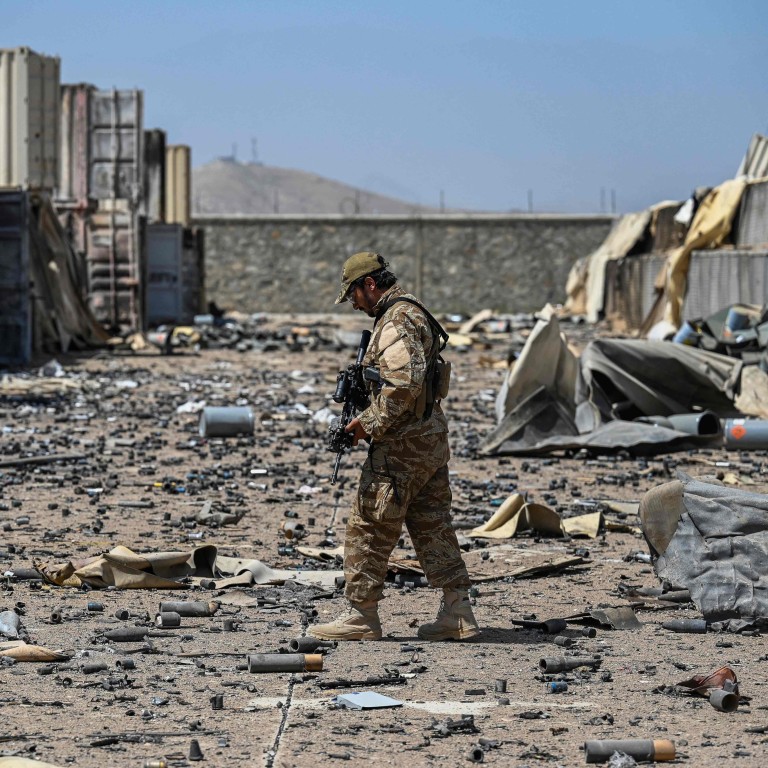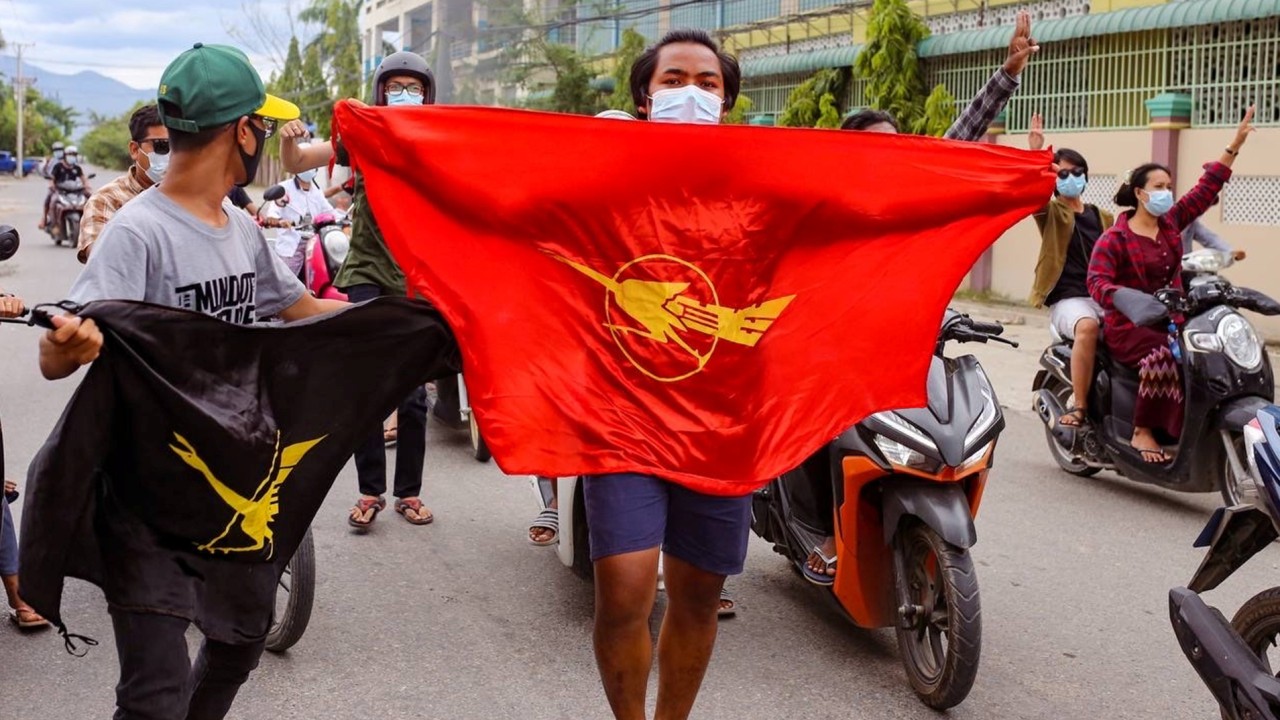
US humiliation in Afghanistan does not guarantee China superpower status
- China’s response to the US leaving Afghanistan will be of key interest to those forecasting the shape of international politics
- While pragmatism will protect China from hubris and overreach, its lack of soft power will curb its ability to dictate world events
The Taliban’s return to power in Afghanistan, almost 20 years after the United States deposed them, appears to symbolise the end of America’s post-Cold War dreams of rebuilding the world in its image.
This year could emerge as a symbolic bookend of the end of the US-led post-Cold War era and the “war on terror”. The more intriguing question, however, is what comes next.
Others doubt the lasting influence of Afghanistan on American power. Johns Hopkins University scholar Hal Brands notes that, after Vietnam, “US recovery didn’t happen automatically … it took a concerted effort to revive American power”.
At the very least, many see a period where the US retreats from the international arena. Because of this, China’s next steps are seen as a vital aspect of the question of what happens next.
This is partly born out of necessity. Afghanistan and Myanmar border China, and the domestic turmoil in these countries has caused concern in Beijing. It is also partly born of opportunism, as creating friendly ties with these countries allows Beijing to expand its influence.
Tit-for-tat: China tries to save face without destroying US relations
Communist China was weak and internationally isolated after the civil war. Survival and recognition, not international influence, were the most crucial tasks of Zhou’s foreign policy. Deng Xiaoping later embraced Zhou’s pragmatism, and over time this became imbued in China’s foreign policymaking.
Pragmatism has its benefits for Beijing. It minimises the risks of overburden or overstretching. However, it is also a sign that China has not matured as an international actor and is not ready to exert itself internationally like a superpower.
Thus, while 2021 might be remembered as the year in which the era of US international domination came to an end, do not count on it also being remembered as the start of China’s time as a superpower.
Nicholas Ross Smith is an associate professor of international studies at the University of Nottingham Ningbo China



